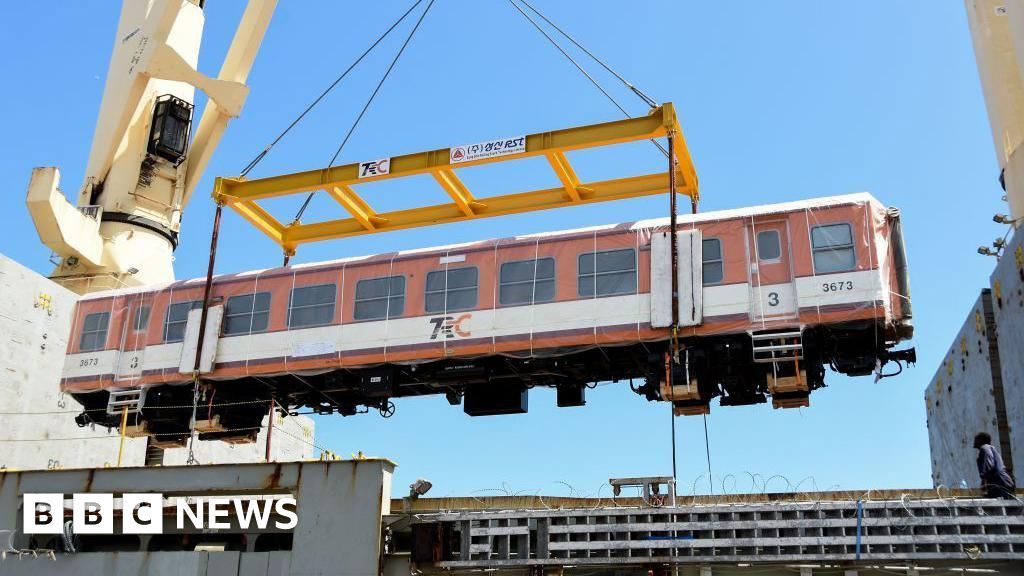
The Moliva has been forced to anchor one kilometre from the port (Image: Getty)
A Turkish-flagged ship has been denied entry into Albania's port of Durres due to fears it is carrying hundreds of tonnes of lethal toxic waste.
The Moliva container ship has been stranded outside the port and left in limbo since last week.
The vessel originally set sail from Albania for Thailand in July, carrying 100 containers of industrial waste, that was identified in official documents as "iron oxide".
However, a whistleblower told the Basel Action Network - an NGO that monitors the transfer of toxic waste - that the cargo actually contained electric arc furnace dust (EAFD).

Jim Puckett says he is '95%' certain the ship is transporting toxic waste (Image: Getty)
Exposure to the dust can be lethal, causing lung and neurological damage, as well as cardiac abnormalities.
Thai authorities refused to allow the vessel to dock, forcing the Moliva to return to Albania.
Along the route it has made stopovers in Spain, Portugal, Italy and Turkey.
Documents attached to the cargo indicate the waste comes from the Elbasan steel plant in central Albania.
Jim Puckett, the executive director of BAN said he was "95 percent sure" that the cargo consisted of "electric arc furnace dust".
Port authorities are trying to find a suitable storage facility for the suspected toxic waste.
"The port authorities of Durres and other institutions are cooperating to ensure the storage of containers in an ecologically and physically secure place," Elitjona Doko, a spokesperson for the Durres port, told AFP.
Meanwhile, the prosecutor's office in Durress has launched legal proceedings in connection to the Moliva.
"The ship Moliva is obliged to remain anchored in the port harbour, under the surveillance of the national police, until the end of the legal proceedings," the prosecutor's office in Durres said in a statement.
Toxic waste normally must be stored and transported under very strict conditions.
The processing of Western industrial waste is a very lucrative business, valued at billions of pounds.
The global business is estimated to be worth between €44 billion and €70 billion (£37bn to £64bn) annually, according to environmental NGOs.

 2 weeks ago
3
2 weeks ago
3









 English (US) ·
English (US) ·